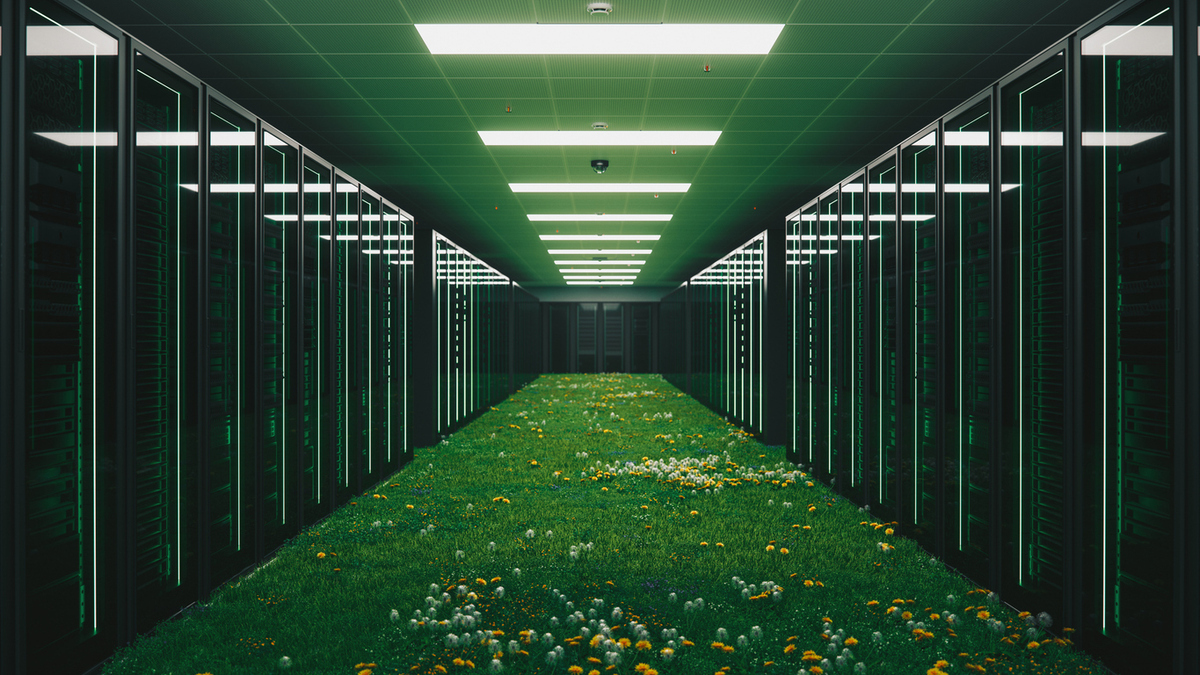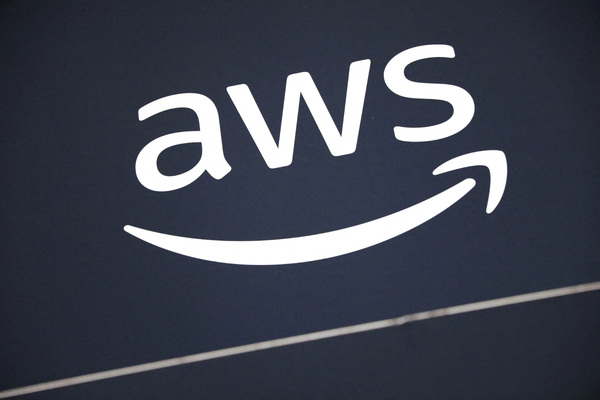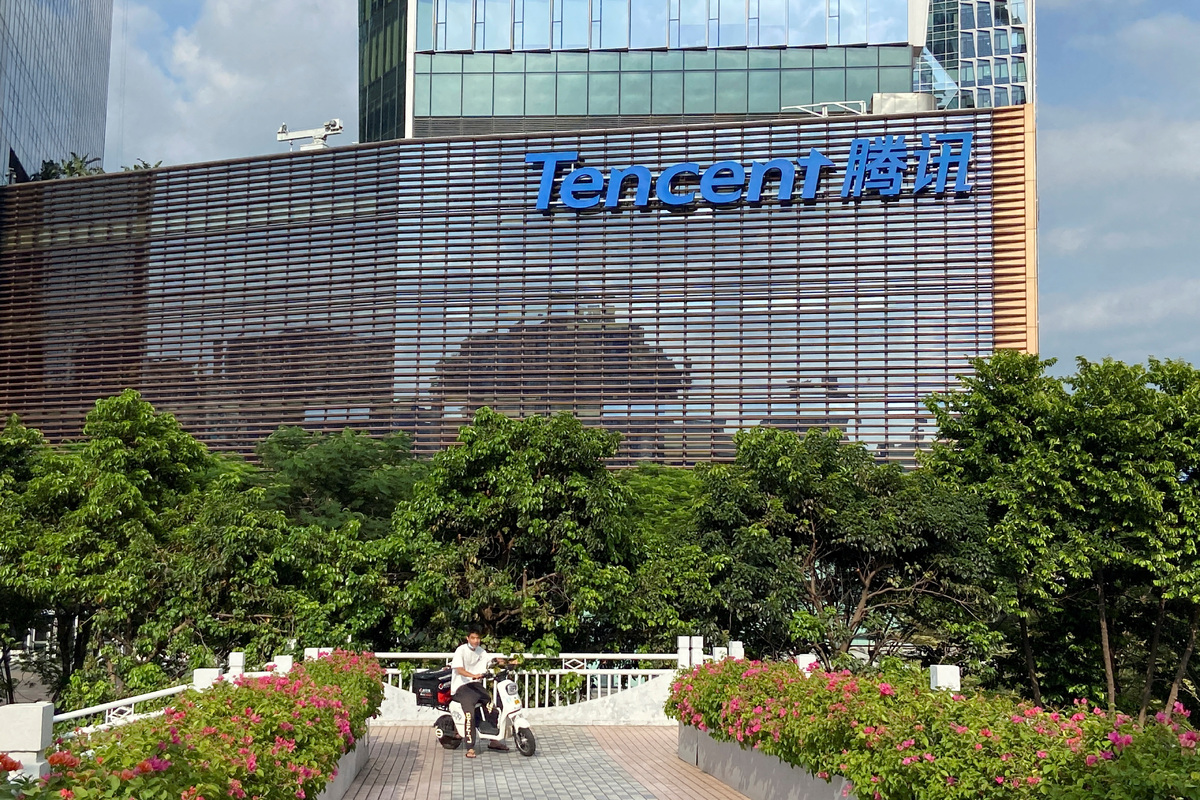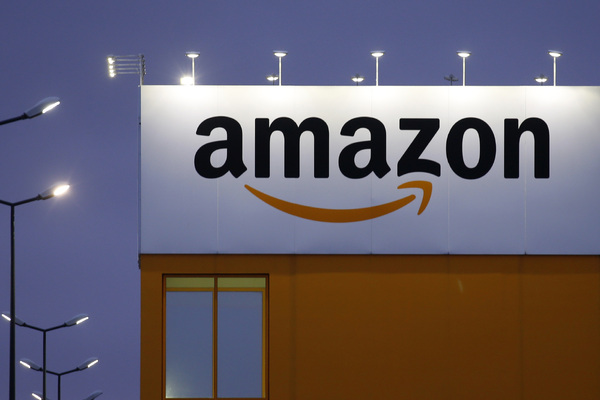It’s time to give data centres a sustainability check
A case for changing data storage and data consumption practices

In the 1990s, excitement for the nascent internet abounded – with various terms coined to reflect its seemingly infinite possibilities. Some of them communicated different aspects of the new marvel. “Information superhighway” captured the then jaw-dropping speed of information whizzing to and fro between computers, while the idea of the “cloud” emphasised its non-physical, intangible nature.
But at the end of the last century, the “cloud” was a term largely limited to IT nerds in reference to the complex communication network of the internet itself. Anecdotally, it was Google’s Eric Schmidt who popularised the term “cloud computing” at an industry conference.
Cloud computing in its modern incarnation is based on the premise that data services and architecture that, up to that point, resided on physical, power-guzzling, whirring servers with their plugs and trailing cables in every company office, should be whisked away to something as seemingly ephemeral as a “cloud”.
Where should we hide data centres?
The whirring physical servers still had to exist, of course – just somewhere else, out of sight. Subconsciously sweeping the problem under the carpet, perhaps: the carbon emission of data centres globally is estimated to be commensurate with that of long-haul flights.
And where the aviation industry is robustly criticised for its huge carbon footprint, the cloud – perhaps thanks to the term’s nebulous, intangible implications – seems to have escaped much criticism.
Nevertheless, what was a relatively new concept in 2006 has materialised by now into the physical reality of about 8,000 data warehouses globally with up to 800 racks, each rack holding at least 14 servers.
Digital innovation, like any innovation, is not sustainable by design. Any new development is aimed at solving a problem at hand and will be unlikely to have sustainability at its core. Only when the original brief is met will sustainability be pursued and embraced – largely to gain competitive advantage over less sustainable alternatives.
With scarce resources come hard choices. Is it fair, for example, that while communities are expected to observe a hosepipe ban, data centres have unchecked access to cooling water? Should the electric grid prioritise the cloud’s energy consumption while councils delay the building of affordable housing for lack of power capacity?
It’s becoming clearer that data centres in their present form are unsustainable, and there have been several attempts to make them more efficient. A fifth of all the energy consumed by the cloud is used to prevent spaces where thousands of servers are kept from overheating. Therefore, it stands to reason that many of these centres are set up in countries with a cold climate, such as Iceland or Norway, and where cold water is also readily available.
In a 2014 and 2018 Microsoft experimented with sinking data centre cylinders in the Pacific Ocean and the seafloor off Orkney respectively. But the two pilot schemes failed to lead to the wider adoption of the idea.
Another, more radical solution could be space-based cloud services. LEO-cloud, a start-up focussing on space-based edge computing, has formed a partnership with Axiom Space, the first commercial space station provider to meet its data storage needs.
Meanwhile, ASCEND (Advanced Space Cloud for European Net zero emission and Data sovereignty), a European Commission-led feasibility study that is part of the EU’s "Horizon Europe" initiative, examines the feasibility of installing data centres completely outside the Earth’s atmosphere.
Technology enabling data storage and transmission efficiency
Advancements in data storage technology also offer power efficiency solutions that are within arm’s reach. Traditional hard disk drives (HDDs), which store data on magnetic platters, are cheap and strong on capacity, but slow, power hungry and unreliable, whereas data from flash SSDs (solid state drives), which store data on interconnected memory chips, is easily and rapidly retrievable – and less energy intensive.
The market for hybrid drives – which store less frequently accessed data on HDDs while making some gigabytes of data more quickly accessible via SDDs – has recently started to contract, thanks to the emergence of high-capacity all-flash enterprise-grade storage.
Flash storage comprising solely of advanced SDD drives has up to a thousand times the density of HDDs and takes up just a fraction of the space. Not only does SDD storage minimise the space required for cooled servers, it also lasts considerably longer than HDDs.
Environmentally-conscious data streaming – a new frontline?
Digital technology can often be the problem as well as the solution, however. Although it has saved us an incredible amount of resources, it puts enormous pressure on others.
It might not be entirely true that writing and sending one short email without an attachment consumes the energy of boiling a kettle, but the trope flags up the urgent need to quantify the environmental impact of cloud-based digital activities, which we tend to think of as immaterial and nebulous.
Some of the electricity data centres use is, thankfully, green. But considering that the power footprint of the global wireless ecosystem in 2020 equalled the energy released by burning 20 million tonnes of crude oil, environmentally conscious users shouldn’t take the cloud and its related services such as streaming and gaming – the biggest energy guzzlers – for granted.
And while the data we consume might be physically intangible, the means of delivering it to our tablets, computers and TV screens is – environmentally and sustainably – anything but.

Zita Goldman
Most Viewed
23-29 Hendon Lane, London, N3 1RT
23-29 Hendon Lane, London, N3 1RT
020 8349 4363
© 2024, Lyonsdown Limited. Business Reporter® is a registered trademark of Lyonsdown Ltd. VAT registration number: 830519543





